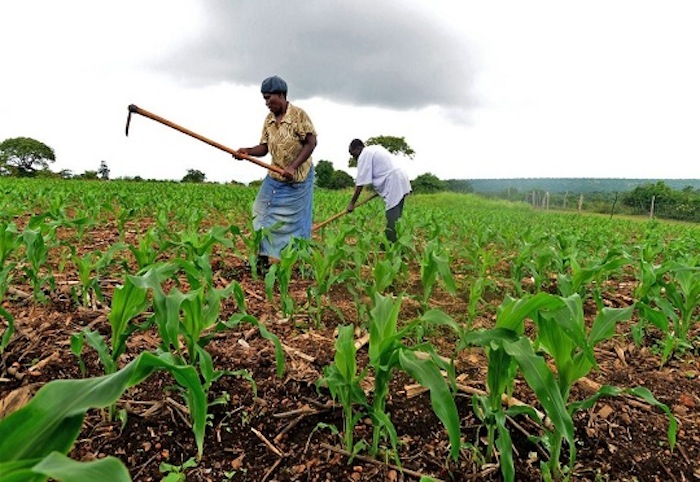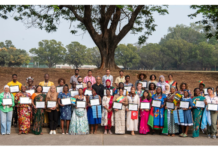Uganda is among the five countries that are set to benefit from Common Market for Eastern and Southern Africa (COMESA) and United Nations Development Programme (UNDP) US $3.49m grant to scale up climate change projects. The grant is aimed at promoting conservation farming that has the potential to quadruple output and earnings.
According to media reports, approximately US $1.2m has been provided to implement the project in a number of districts in eastern Uganda, with the EU providing the bulk of the funds through Comesa while UNDP is to provide US $85,368.20.
Further, the funds will be managed by the UNDP under an agreement signed with Comesa in July 2018 while Uganda’s Ministry of Agriculture will contribute advisory and extension services to farmers.
According to government officials, the move is a scaling up of conservation farming. This comes three years later after the first phase was piloted among 15,000 smallholder farmers and schools in eastern parts of the country. This was funded by a US $740,000 grant from Norway and the United Kingdom’s Department for International Development.
The new project titled “Enhancing the resilience of agriculture landscape and value chains in eastern Uganda–scaling up Climate Smart Agriculture practices” will support the adoption of climate smart agriculture practices and technologies among farmer co-operatives and schools.
Meanwhile, Ugandan farmers are testing a big-data solution to climate challenges. This is as they seek to develop enterprise platforms to enhance productivity; value addition, marketing and integration of climate-smart farming principles in the seven target districts from 2019 to 2021.
As part of Comesa’s overall European Union supported Global Climate Change Action Plus Programme, the initiative focuses on mainstreaming climate change in national policies, strategies and development plans of member states, promoting, supporting, and piloting appropriate adaptation and mitigation projects.








